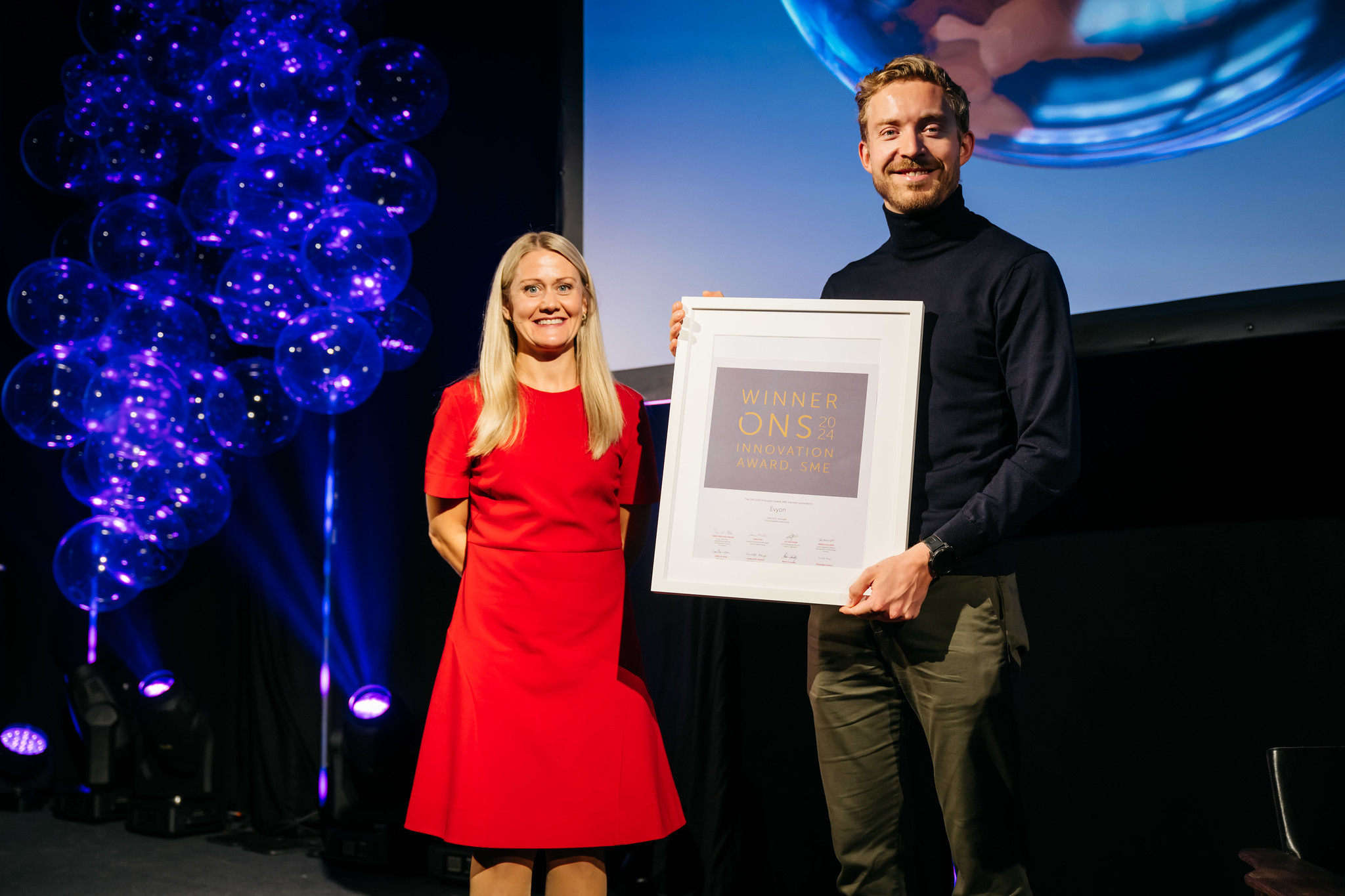The Energy Agenda
Imagine – the art of the impossible
Half a century ago, a small group of Norwegians dared to imagine that Norway could develop the rich resources being found beneath the waters of the North Sea, rather than relying on companies from the US or elsewhere. ONS is one product of that act of imagination – a marketplace of ideas and technology.

• Imagine is not poetry – it’s about engineering.
• Imagine a leap forward in how we produce and consume.
• Imagine what happens if we don’t.
That small group could not have envisaged everything which has happened over the last 50 years – in the North Sea or to ONS. They did not start with a detailed plan – only, and crucially, with the willingness to think beyond the status quo imagining a future which to many seemed impossible.
Now we need another leap of imagination. As things stand the energy system on which we all depend is unsustainable. Demand is growing driven by population growth of almost a quarter of a million a year worldwide. But the energy we use, of which 80 per cent still comes from hydrocarbons, puts the sustainability of the environment on which we depend in jeopardy.
Imagine what could be done to reconcile the realities of demand and destruction. For the last 25 years that effort has centred on the attempt through the UN and the COP process to create a global deal to agreed on a progressive reduction of emissions. That effort will continue but the reality is that emissions continue to rise.
Liability
The energy sector has a crucial role and responsibility in addressing the challenge. The role of business in society is not simply to make profits for shareholders – that is necessary but not sufficient. The role of business is to offer solutions and if that proves impossible companies working in the sector will find themselves not simply labelled as pariahs but held liable for the costs of the damage being caused.
ONS, with its unique reputation and convening power, holds great potential as the forum in which those solutions can be found – a gathering at which all those involved can imagine a different future and discuss the ways in which change can be made possible.
“Imagine” is to be theme of ONS 2024. The word is not a soft choice. This is not about envisaging a perfect world in which all problems are resolved through some magical solution with John Lennon singing in the background. “Imagine” is more about engineering rather than poetry.
“Imagine” is more about engineering rather than poetry.
Low carbon as the natural choice
The solutions to the climate challenge will be practical and multiple. Some – such as efficiency and electrification – are already within reach and require the right regulation and incentives to drive change. Others need technical advances to reduce the costs of low carbon alternatives so they become the natural choice for the billions of people living on minimal incomes.
The acts of imagination required begin at home – how can the vast amounts of energy we waste be captured and better used?
How can we create a set of power grids across the North Sea which replaces declining oil and gas with supplies of wind and hydro?
Imagine a world in which the North Sea forms the basis for a full scale pan European low carbon supply network.
But the challenge is global as well as local. How can we take the carbon out of hydrocarbons in a way which is affordable in India and Africa? How can we reduce the levels of carbon already in the earth’s atmosphere? Imagine a world in which the climate issue has been resolved.
Beyond our current range of ideas
All those are ideas already under discussion. But perhaps someone, the younger generation of energy professionals, can imagine something beyond? A leap forward in the way energy is produced and consumed.
Of course, there is a dark side to imagination. As things stand the world is on track for at least 2.5 degrees of warming and even more extreme weather. Imagine what that could mean for those affected as areas such as North Africa become uninhabitable driving desperate people to migrate, and as coastal areas of countries such as Norway and Britain face rising water levels.
Human progress has been the product of a combination of fear and hope.
“Imagine” is not an end but the starting point for practical action. Fifty years on that is the challenge for ONS 2024.

Apply for ONS Innovation Awards
post
.jpg)
Venezuela – a coup for the oil companies?
post


